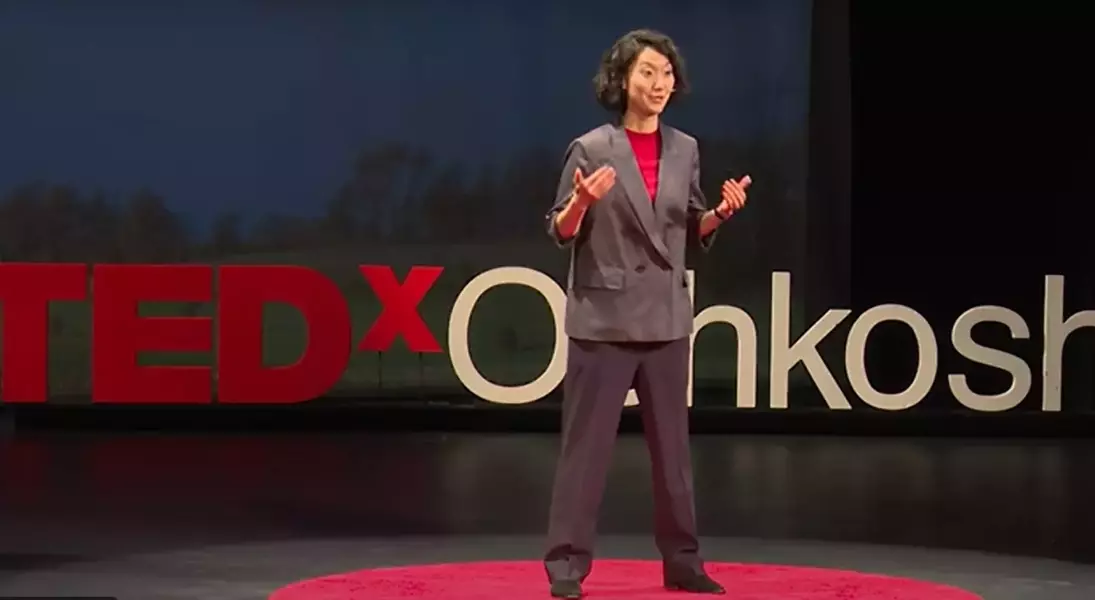
In early January, two distinguished speakers from the University of Wisconsin-Oshkosh unveiled their TEDxOshkosh 2024 presentations online. Dr. Seon Yoon Chung, Dean of the College of Nursing, addressed the transformative potential of artificial intelligence in healthcare education, while Dr. Michael Ford, an Associate Professor of Public Administration, explored the importance of restoring effective governance within political systems. Both presentations were part of a series of talks held on November 16, 2024, at The Grand Oshkosh. These videos offer valuable perspectives on cutting-edge developments in their respective fields.
Revolutionizing Healthcare Education with AI Simulations
Dr. Seon Yoon Chung's presentation delves into the innovative use of artificial intelligence to enhance the learning experience for future healthcare professionals. Her talk highlights how AI-generated simulations can provide realistic training scenarios that prepare students for real-world challenges. By integrating advanced technology into the curriculum, educational institutions can significantly improve the quality of healthcare training and ultimately patient outcomes.
Chung emphasized the pivotal role of AI in creating immersive environments where learners can practice critical skills without risking patient safety. She discussed various applications of AI simulations, such as virtual patient interactions and complex surgical procedures. Through these tools, educators can offer personalized feedback, track student progress, and tailor learning experiences to individual needs. Additionally, Chung shared success stories from institutions already implementing AI-driven simulations, demonstrating the tangible benefits this approach brings to both educators and students.
Rebuilding Effective Governance in Modern Politics
Dr. Michael Ford's discussion centers on the urgent need to restore competent governance within contemporary political landscapes. He argues that fostering transparency, accountability, and citizen engagement is crucial for building trust and ensuring effective policy-making. Ford's insights underscore the importance of rethinking traditional governance models to better address current societal challenges.
Ford examined the factors contributing to the decline in public confidence in governmental institutions and proposed strategies to reverse this trend. He advocated for increased collaboration between policymakers and citizens, promoting participatory approaches that empower communities. By enhancing communication channels and embracing innovative governance practices, governments can become more responsive and inclusive. Ford also highlighted successful case studies where improved governance has led to positive social and economic outcomes, providing a roadmap for other regions to follow.
